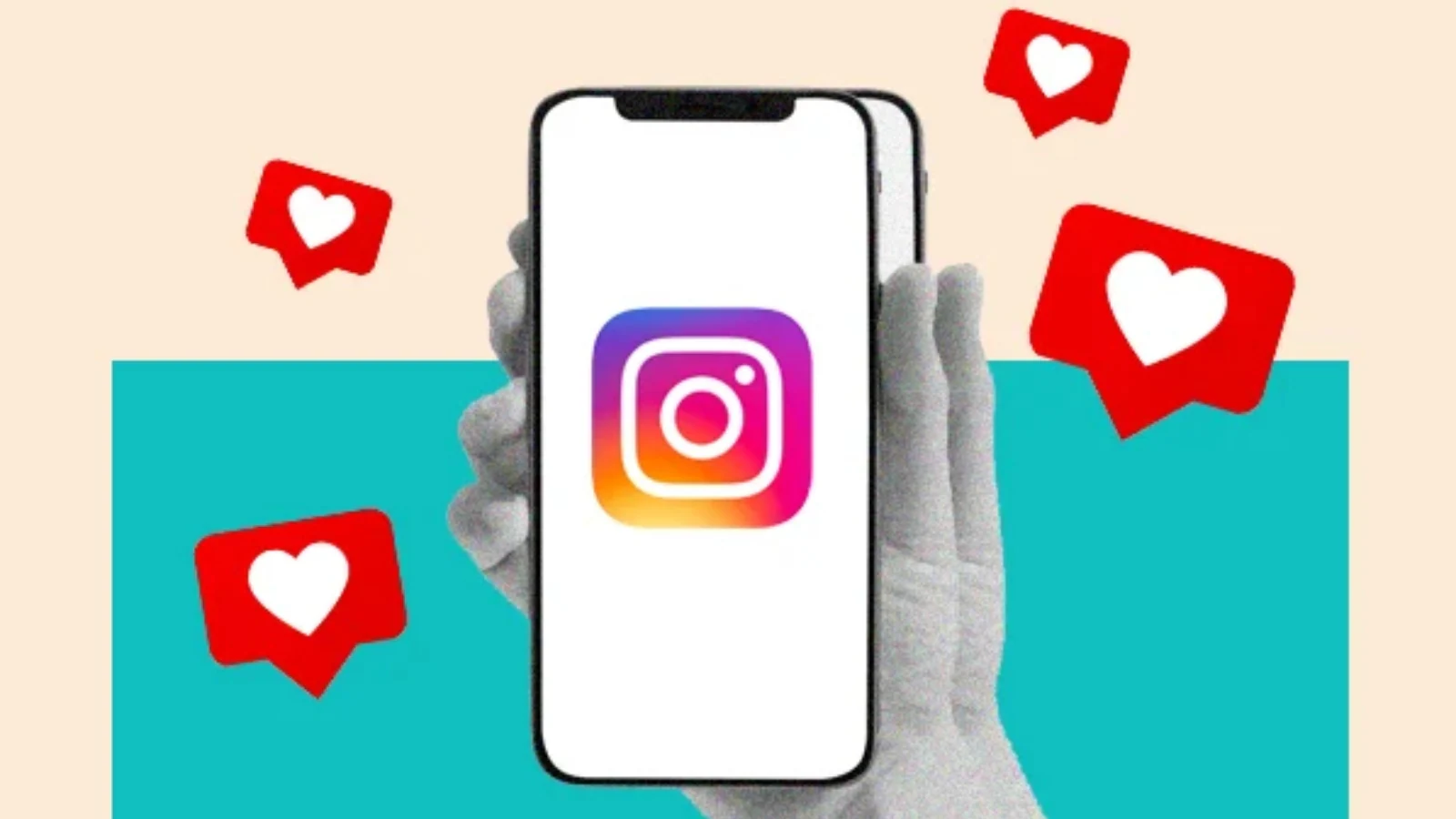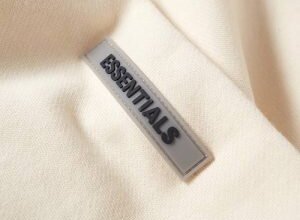Check Out Information Buy Monthly Instagram Likes
Check Out Information Buy Monthly Instagram Likes

Proflup is different than instant-buy packages in that it monitors new posts and gradually sends automatic likes, helping prevent platform penalties or policy violations by sending gradual automatic likes over time. Their vetted community includes influencers and niche community pages to ensure real engagement – plus robust analytics such as timestamps and trend breakdowns!
Monthly Subscription Services Provide Reliable Instagram Growth to Creators and Agencies The monthly instagram likes subscription services provides reliable Instagram growth to creators and agencies with auto-detection, password-free OAuth connection, refill/refund guarantees and auto-detect options that enhance account safety.
Real U.S. Instagram Likes
Proflup is one of several services offering real Instagram likes, yet many have an unfavorable reputation as being fake or dangerous to your account. Proflup takes an automated and safe approach by detecting new posts in real-time and queueing them automatically for liking; its AI also detects new accounts automatically as new posts come out – providing timestamps and account handles of each post in its dashboard – plus OAuth connections are password-free for ease of use – not to mention offering a free trial as well as bonus reel views with every plan plan purchased!
buy monthly instagram likes come from a vetted network of U.S. Instagram users, giving your posts regionally relevant engagement that increases algorithm signals. It’s an ideal option for creators looking for an auto-like service with transparent pricing and lifetime refill guarantees; any dropped likes are automatically replenished under this guarantee to give peace of mind that their account won’t be negatively impacted by our service; an advantage over manual ordering services!
Reliability
For optimal proflup monthly likes services, choose services that deliver real engagement that helps drive organic growth. Avoid services that use auto-likes to get likes; these may be fake and damage your account. Instead, select one that provides real likes per post as well as offering a trial period or money back guarantee.
Proflup offers a recurring subscription and detailed analytics that gradually boost Instagram visibility over time. In addition, Proflup uses niche influencer partnerships and spaced delivery to simulate natural behavior; making this service ideal for content creators and agencies seeking long-term credibility.
Proflup is unlike one-off services because its automated system monitors new posts and queues them for likes without needing to be activated manually. Furthermore, its service doesn’t require your Instagram password and your profile remains protected via OAuth authentication. In case any likes are lost due to proflup’s lifetime refill guarantee; its dashboard shows timestamps, account handles, and engagement trends for easy analysis.
Security
Proflup is a community of vetted influencers, niche community pages, and real users that provides authentic Instagram likes for creators and small businesses to increase engagement and build social proof. Unlike sketchy services that spam likes on your post with no risk of bans or violation of terms of service – their algorithm-friendly approach provides credibility signals without risking bans from Instagram or violating terms of service – password-free OAuth integration gives peace of mind knowing your account will always remain safe – refill/refund guarantees and password-free OAuth integration gives your account total peace of mind knowing that your account will always stay safe!
Proflup offer tiered subscriptions designed to increase Instagram engagement and preserve algorithmic relevancy, but go one step further by tapping into niche influencer partnerships and robust analytics to produce authentic results and ensure long-term credibility for their service. Their gradual delivery method mimics natural user behavior by spreading out likes across several minutes rather than paying per post services such as Proflup that send all likes at once.
Pricing
Instagram growth services provide fast and steady likes for a monthly fee, increasing engagement, chances of being featured on the Explore page, overall visibility and building credibility. Not all providers are created equally though; in this guide we compare five leading providers based on their sourcing methods, pricing tiers, guarantees and most appropriate use cases.
Proflup’s artificial intelligence engine recognizes new posts and then delivers real likes in a timely fashion after each one goes live, perfect for creators who upload daily and want their engagement levels to remain consistent in line with Instagram’s algorithm preference for consistent early engagement.
Lifetime refill guarantees ensure consistency, and its platform offers analytics with timestamps and account handles for full transparency. In addition, there’s a free trial available to new users so they can assess if investing in their service is worthwhile.
Real Instagram Comments
Real Instagram user likes and comments are invaluable when it comes to building an Instagram profile, signaling to the algorithm that your content deserves promotion and helping increase visibility, bring new followers in, and build credibility.
Views Expert provides authentic Instagram likes and views at highly competitive market prices, offering bulk packages. Likes are delivered within 60 seconds to maximize their impact with Instagram’s algorithm; plus these authentic, country-specific accounts ensure maximum credibility.
Consistency is key when building an authentic social presence on Instagram, and ProflUP Monthly Likes service provides you with genuine Instagram likes that keep your posts active while increasing visibility without risking shadowbanning.





